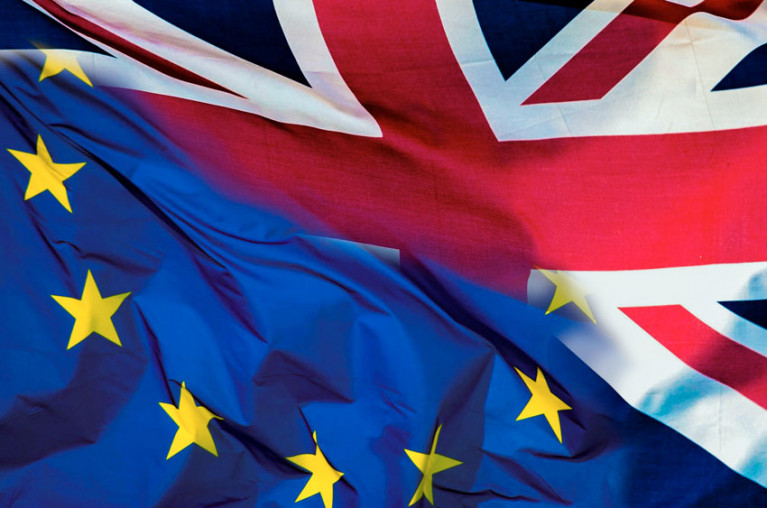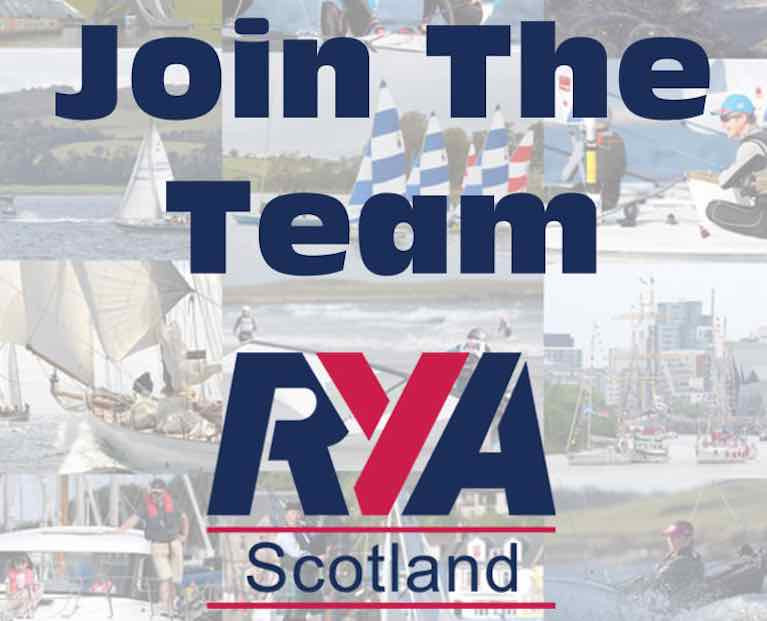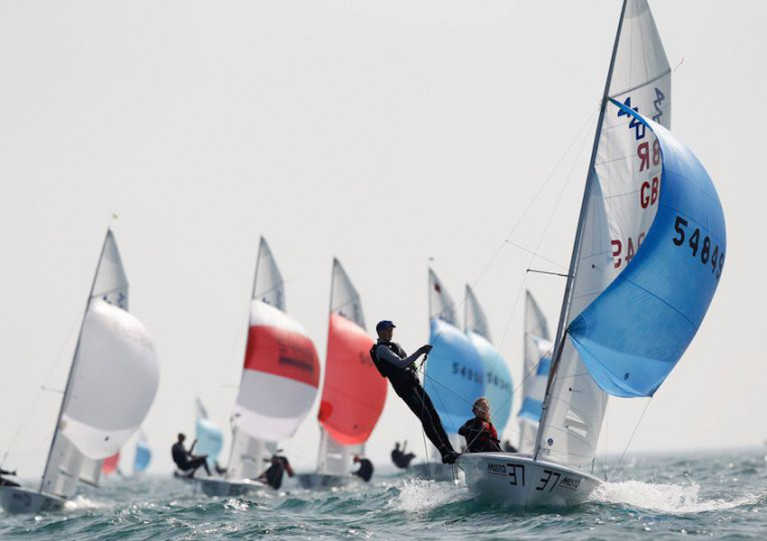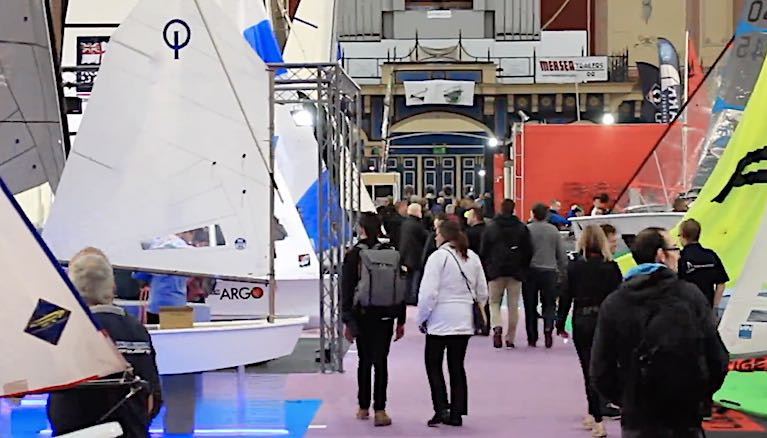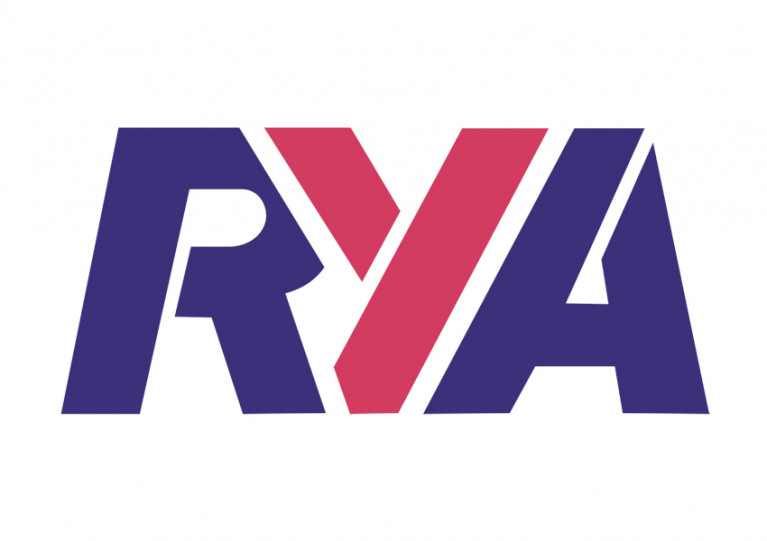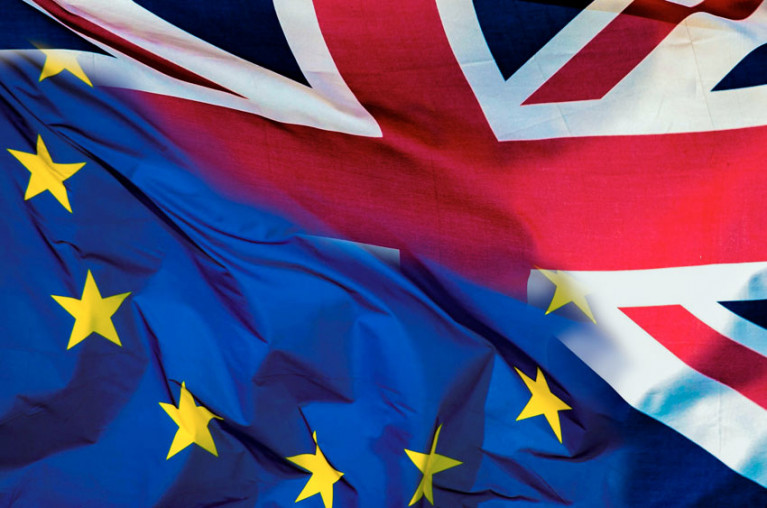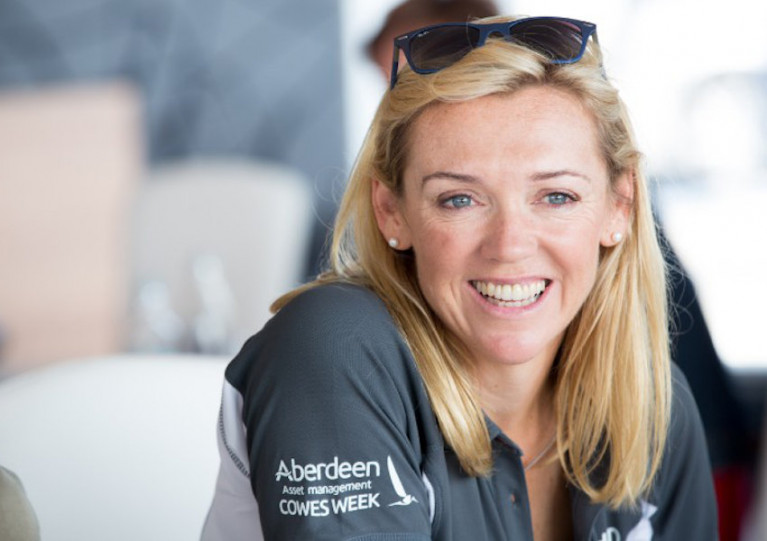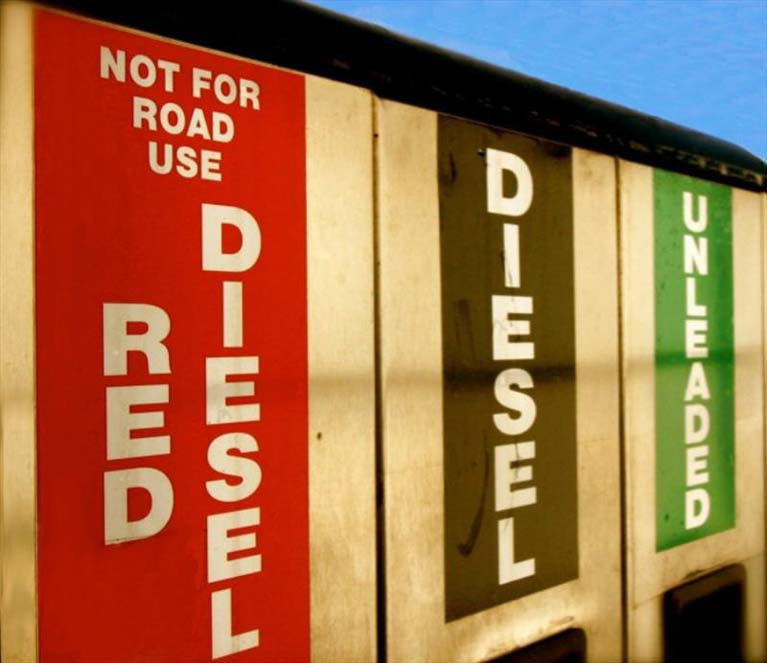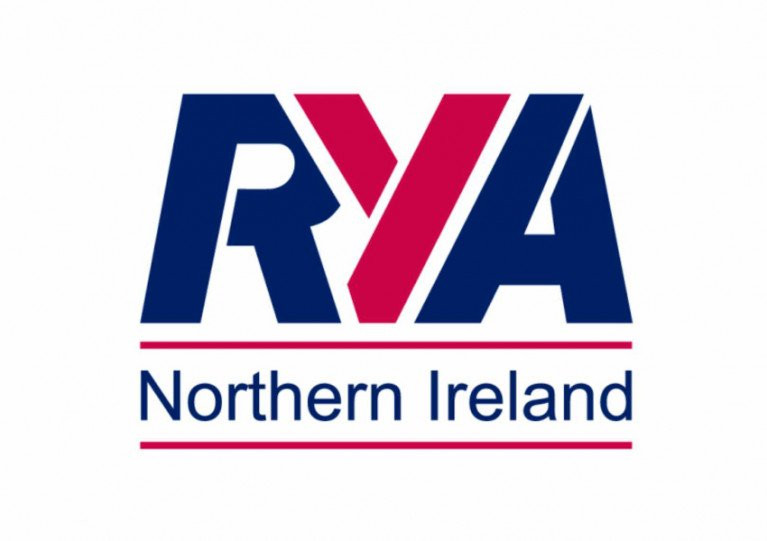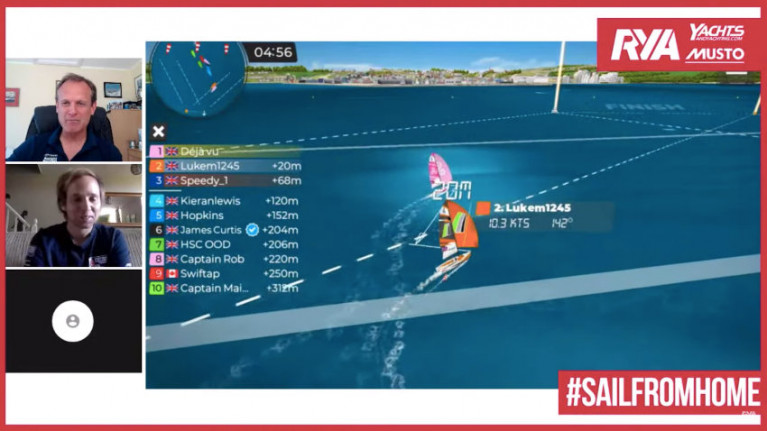Displaying items by tag: RYA
NI Boats May Head South for Winter in Bid to Secure VAT & Duty Status as Brexit Transition Ends
Ireland could see an influx after Christmas of visiting boaters from Northern Ireland seeking to secure the VAT and duty status of their vessels as the Brexit transition period ends.
The suggestion comes after the UK’s Royal Yachting Association earlier this week welcomed “greater clarity” on the position of the customs status of boats from the European Commission.
As previously reported on Afloat.ie, British boaters resident in the UK and the EU alike have feared being left in limbo regarding the tax and duty status of their vessels — and facing hefty charges when selling on or even relocating across territories.
The situation could still see a depression of the used boat market in Great Britain as EU-based buyers may be dissuaded by significant import levies.
Addressing UK boaters’ concerns, Howard Pridding, the RYA’s director of external affairs, said: “The Commission is no longer saying that any boat lying in the UK at the end of the transition period will not be eligible for Returned Goods Relief (RGR) as the boat will not have been exported.
“Instead they have differentiated the advice based on where the boat is registered and where the owner is established.
“The Commission’s interpretation of the law provides important guidance, but the final decision on what actually happens when a boat is imported rests with the authorities in the country in which that import is taking place.”
Pridding also noted the European Commission has confirmed the RYA’s suspicions “that documentation (such as a T2L, customs opinion letter or other supporting documentation) issued by the UK before the end of the transition period will not be valid in the EU as of the end of the transition period.
“However, we would recommend that boat owners keep hold of such documents, as they may provide useful evidence of the boat’s history and could be helpful when dealing with customs authorities in the EU27 in the future,” he added.
Meanwhile, as talks continue, it’s also expected that UK boats in the EU will be given a year’s grace to return to Great Britain before losing their UK VAT-paid status.
The situation is less clear for boats currently lying in Northern Ireland, as the implementation of the Northern Ireland Protocol is still under negotiation.
Nevertheless, a source close to Afloat.ie has suggested Ireland might now “expect to see a lot of Northern Ireland boats” and even boats from Wales “come [to the Republic] after Christmas to be in the EU” and then return to Great Britain in the New Year in the hopes of retaining their current VAT and duty status.
RYA Scotland Seeks Sailing Development Officers
RYA Scotland currently employs 12 staff in a wide range of roles, from performance to training, to development alongside administrators. There are also around 60 volunteers contributing and leading its work for the boating community in Scotland. The organisation is expanding the team with recruitment underway for a new Training Development Officer role and two Regional Development Officers.
The Training Development Officer post is in Edinburgh and the Regional Development Officers are based in Inverness and Edinburgh.
The Training Development Officer role aims to inspire curious coaches and instructors in Scotland to thrive, through innovative and accessible development opportunities. With the support of sportscotland, a new Regional Development Officer post is being created to help grow the reach and support for clubs and centres in the North of Scotland and the Islands.
The other Regional post is for the East of Scotland, to continue the work that has been done in this area already.
Closing date 12 noon on 18th November 2020.
Interviews will be held online week beginning 30th November 2020.
Full details of the roles are available here
RYA Hopeful For UK Olympic Rankers Next Weekend After Cancelling 2020 Youth Nationals
Weymouth and Portland National Sailing Academy is quiet this weekend after the Royal Yachting Association’s last-minute cancelation of the UK Youth Nationals.
The RYA says it made the decision “to safeguard sailors and their families, volunteers, race officials and event staff in light of the severe weather forecast and in the context of the current COVID-19 situation”.
Mark Nicholls, RYA youth racing manager and Youth National Championships event director, said: “It is hugely disappointing to have to cancel the 2020 Youth Nationals for the 29er, 420 and ILCA 6 classes, and it was not a decision that was taken lightly.
“However we have always maintained that we would only go ahead with this event if we could do so safely, and with a forecast for heavy winds combined with COVID-19 restrictions we feel that cancelling the regatta is the best option to protect the welfare of all involved.”
RYA director of racing Ian Walker added: “We have been dealing with a constantly changing situation and while we desperately wanted to host this event for all the young sailors who have had such a difficult year, in the end it has all conspired against us.
“Despite this, we will continue to try and support training and racing for so long as it is safe to do so. Our thanks go to all our stakeholders for their support and understanding, but especially the team at WPNSA who have been incredible as always.”
The RYA says refunds will be issued for all competitors, with details to come.
Meanwhile, next weekend’s RYA Olympic Ranker, Youth Nationals and 470 Nationals regatta at Weymouth and Portland from October 30 to November 1 is still on course as of time of publication.
COVID Forces 2021 RYA Dinghy Show Online
The RYA Dinghy Show is to be a virtual event for 2021 due to the current escalation of Covid-19.
The show had been due to take place over the weekend of 27-28 February at its new venue, Farnborough International Exhibition and Conference Centre.
Organisers, the RYA says it is now exploring the opportunities for dinghy sailing fans to enjoy highlights of the show from the safety of their homes.
A webinar consultation has shown a substantial majority preferring to postpone until 2022 to due to the high levels of uncertainty around what restrictions may still be in place in February 2021.
"This combined with underlying seasonal risk factors has led us to make the difficult decision to run the event virtually," an RYA spokesman said. "Although nothing can fully replace the unique atmosphere of the RYA Dinghy Show, we're committed to giving our visitors an exciting online experience with virtual exhibitors including clubs and classes, expert talks, coaching sessions and much, much more."
More from RYA here
RYA Hosting Free Webinar On Brexit Issues This Wednesday
The Royal Yachting Association is hosting a free webinar this Wednesday 14 October at 4pm to share news on its latest lobbying activities over Brexit.
Representatives from the RYA’s cruising and legal and government affairs teams will cover the latest communications with the UK Government on the Brexit-related subjects that RYA members are most concerned about.
These including cruising access to the Schengen Area, the Return Goods Relief for boats, the validity of sailing qualifications in the European Union and changes to border controls.
RYA & British Marine: Boat Owners Left In Limbo By UK Government ‘Inaction’ On Brexit Customs & VAT Issues
British boaters face a choice between extra costs rising into four figures or seeing their vessels being stranded in the EU after the end of the Brexit transition period, unless the UK Government acts now.
That was the warning in a joint statement issued yesterday (Thursday 1 October) by the RYA and British Marine, which castigated Whitehall officials for failing to provide guidance and transitional arrangements despite the mater being raised more than three years ago.
The two organisations say their understanding is that Returned Goods Relief (RGR) will only be available for goods returning to the UK provided RGR conditions are met, and that the goods must have been exported from the UK and returned within three years of export.
RGR has not yet been incorporated into UK law and HM Revenue and Customs confirmed last month, after what the RYA and British Marine said was “an unacceptable delay”, that it “would not in fact be universally available”.
This will mean that, after the transition period, all boat owners established in the UK whose boats have not been in the UK in the last three years will likely have to pay VAT for a second time if they want to bring their boats back to UK waters.
The same issue will also “create turmoil” in the UK’s second-hand boat market, which is already fighting to recover from the coronavirus pandemic.
RYA and British Marine are now calling on the UK Government to commit to transitional VAT and import duty relief for UK boat owners bringing vessels back from the EU until the end of 2023.
“Having waited over a year for HMRC to agree to a meeting, we assumed that HMRC officials would be in a position to definitively tell us what the UK legislation will be from the end of the transition period on 31 December,” said the RYA’s Howard Pridding.
“Regrettably, the meeting gave the RYA and British Marine no confidence that there is an understanding of the recreational boating market and that any of the issues we have raised are being given appropriate consideration by HMRC.”
British Marine chief executive Lesley Robinson added: “This is now a serious situation and it will create turmoil in the second-hand boat market. For UK brokers and distributors in the marine industry there remains doubt and confusion as to where they stand.
“There is a high probability that current VAT-paid boats (that will no longer have EU27 VAT-paid status after Brexit) will be devalued and become less attractive to buyers, which will impact businesses and ultimately jobs in the industry.”
RYA Affiliated Clubs Conference Goes Virtual For 2020
The Royal Yachting Association Affiliated Clubs Conference will be held online this year on Saturday 21 November, with an innovative format making it more accessible than ever for clubs wanting to catch up with all the latest insights and learning.
Hosted by double Olympic gold medallist and broadcaster Shirley Robertson, an exciting programme of guest speakers alongside interactive ‘stands’ and workshops will provide clubs with a wealth of ideas for developing their activities towards a vibrant future.
The theme will be ‘A different world with new opportunities’, recognising the challenges clubs have experienced in 2020 and exploring the new opportunities now available for the sport.
Delegates will be able to take part from the comfort of their own home for 2020, replacing the regional conferences for England, Wales, Scotland and Northern Ireland.
‘Having a virtual event will enable people who might not ordinarily have travelled to attend a conference to get involved’
Gareth Brookes, RYA regional development officer, said: “We’re really excited about the conference which we hope will be a fantastic one-stop shop for clubs wanting to stay at the top of their game.
“Having a virtual event will enable people who might not ordinarily have travelled to attend a conference to get involved — and whereas we might typically only see one or two people from a club, there is the scope this year for many more to take part.
“The impact of coronavirus means that the world is a different place, yet with some creative thinking and a positive will to adapt, there are significant new opportunities to put sailing at the heart of the national wellbeing agenda and enable clubs to survive and thrive.”
To support those involved in club management, this year’s conference will explore how clubs can make the most of this changing landscape, with special guest speakers and experts breaking down what's important to clubs, plus interactive sessions sharing the latest insights.
Club staff, committee members and volunteers will be invited to tap into RYA expertise and topics ranging from environmental sustainability to growing membership. There will be technical support available for those who may be unsure how to access the conference’s online content to ensure everyone who wants to participate can do so.
The headline conference held on 21 November will run from 10am to 1.30pm while associated workshops will be accessible via online club development webinars streamed the week commencing Monday 23 November, with recorded versions available for those unable to make the specific times.
Clubs will be able to network and throughout the conference weekend there will be an online expo area with RYA ‘stands’ offering bookable one-to-one appointments, text chat, downloadable resources and on-demand video. This area will also host regional updates.
Booking for the 2020 RYA Affiliated Clubs Conference is expected to go live in the next few weeks. In the meantime, save the date and follow the Royal Yachting Association on Facebook and @RYA on Twitter for all the latest conference news.
RYA Urges Engagement With UK Red Diesel Consultation
The British Government has launched its long-anticipated consultation with red diesel users across the UK, including Northern Ireland, following the news of plans to restrict the fuel’s usage from 2022.
This past April the UK’s Cruising Association confirmed Westminster’s intention to legislate for a ban on the use of subsidised dyed or ‘red’ diesel except for agriculture, railway and non-commercial heating.
The move is being touted as a way to tackle climate change by giving businesses an incentive to improve their energy efficiency.
But it would also bring the UK into line with EU regulations, as has Ireland’s own ban on green diesel use for cruising and leisure boating which came into force at the start of this year.
The HMRC consultation, which is open until Thursday 1 October, will seek the input of recreational boaters, among others, to determine whether they and other sectors should be allowed to maintain use of red diesel beyond April 2022.
The UK’s Royal Yachting Association (RYA) insists that it backs efforts to increase energy efficiency in the short-term and to strive towards a zero-carbon future.
However, it also makes the case for retaining red diesel based on “existing supply needs, not colour, tax status or price”.
The RYA says: “Recreational boaters already pay the full rate of duty and VAT when purchasing fuel for the purposes of propulsion.
“We will therefore be looking at the proposals to reform the tax treatment of red diesel closely to see how this might affect the supply of fuel for recreational use for both propulsion and how it will impact supply for domestic usage such as heating.
“It is a fact that the further west and north you travel in the UK, the more likely it is that you will have to rely on waterside outlets that only supply red diesel for commercial purposes, such as to fishing fleets.
“In many places, some remote, the limited quantities of fuel used by recreational craft do not warrant the cost of installing additional equipment to supply white diesel for the recreational boating sector.
“If the Government removes the entitlement to use red diesel from most sectors from April 2022 and white diesel is then made as widely available as red diesel is now, then supply of fuel will not be affected.
“The RYA will be responding to this call for evidence and urges any members with an interest in red diesel to participate in the consultation.”
RYA Northern Ireland has released guidance for boaters after a Sport Northern Ireland update confirmed that Outdoor Activity has moved into Step 2.
However, this is limited to outdoors only and indoor activity/advice remains as it was in Step 1 until further announcements. This has allowed some additional considerations for boating activity.
The Sport Northern Ireland update highlighted that:
- Groups of up to 10 are now permitted to take part in socially distanced outdoor training
- No relaxation of restrictions is yet in place for indoor activity and as a result no indoor sports activity is permitted at this time.
- Resumption of outdoor sporting activity at Step 2 is entirely conditional on robust protocols being in place, communicated, fully understood and complied with by all participants. We would therefore urge a cautious approach.
Under the Northern Ireland Executive's Pathway to Recovery, the following is therefore permitted:
Outdoor activities involving small groups of less than 10 people during which it may be difficult to maintain social distancing but where contacts are brief (less than10 minutes).
RYA Northern Ireland has updated and issued its Guidance for Step 2 and considerations of activity that could now take place.
The Governing Body continues to urge boaters to take a conservative approach to activities and to follow all public health advice in order to best help eliminate COVID 19. Guidance for access to indoors remains in Step 1 until subsequent announcements.
Newcastle Yacht Club’s Luke McIlwaine has claimed fifth spot in the RYA eSailing Spring Club Championship after battling it out against nine other competitors.
The other sailors came from right across the regional and home countries. Instead of taking to the water, this time they logged on to compete against their fellow racers virtually, in a series of five races with two discards.
With live commentary from Yachts & Yachting’s Mark Jardine and RYA Pathway coach Johnny McGovern, who himself competed in the eSailing Lockdown Cup and was part of the winning ‘Splashes’ team, racing was extremely tight throughout the championship final.
A total of 2,932 sailors, from 178 different clubs from across the RYA regions and the home countries, took part in the RYA eSailing Spring Club Championship, competing in club and regional championships before whittling down to just 10 finalists.
McIlwaine earned his spot in the final with his win in the Northern Ireland regional event last month.
RYA Northern Ireland’s chief operating officer Richard Honeyford said: “eSailing has been a fantastic way for our sailors to keep in touch and continue developing their race skills over the last few months while we were unable to get out on the water.
“Luke put in an impressive performance and we are delighted with his success.”
If you missed the action, you can still catch it on the RYA YouTube channel.
Next on the RYA’s eSailing calendar is the Spring Class Championship. For more visit www.rya.org.uk/go/esailing


























